Peter's recent articles
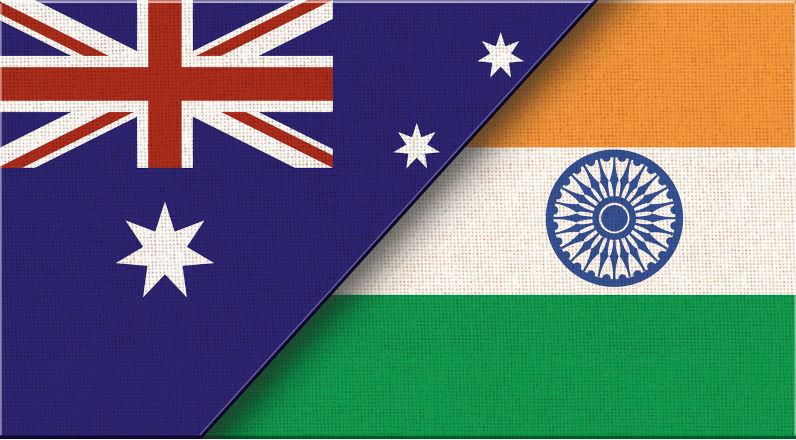
9 September 2025
In a Trumpian world, Australia needs friends like India
Images of Indian Prime Minister Narendra Modi in a huddle with the leaders of China and Russia do not presage the reordering of the international system.
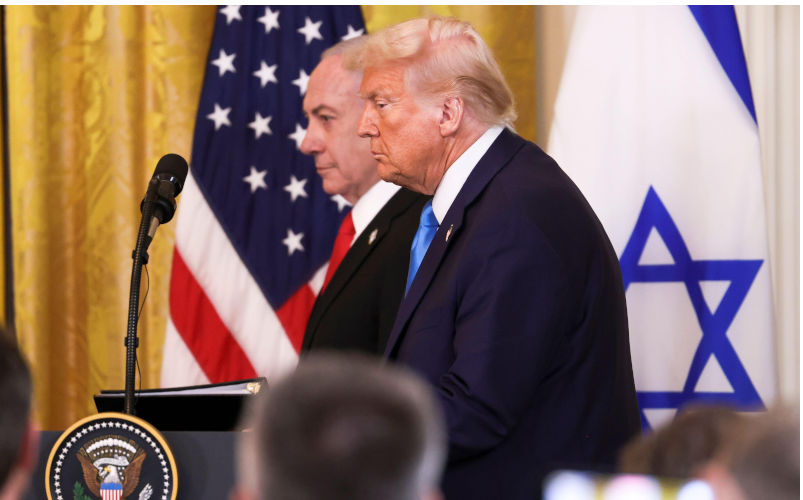
11 February 2025
Trump’s Gaza grab shows America is no better than China
Australia’s former top diplomat says Donald Trump may achieve what 75 years of post-war anti-Americanism could not: concede the case for moral equivalence.

22 December 2024
Think tank review: The sky is not falling
ASPI, [The Australian Strategic Policy Institute] Peter Jennings and your [The Australian] editorial writer have all breathlessly declared my review of think tanks has killed independent thinking and muzzled free thought. Since think tanks are meant to deal with facts, let’s start there.
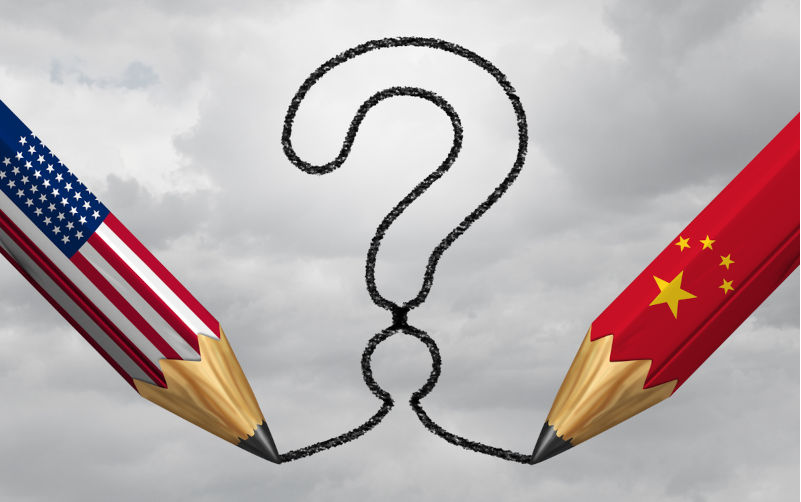
12 October 2024
The unresolved tension at the core of Australia’s strategic policy
Australia wants to constrain China, but without tying itself to America’s own ambitions and all that might mean.
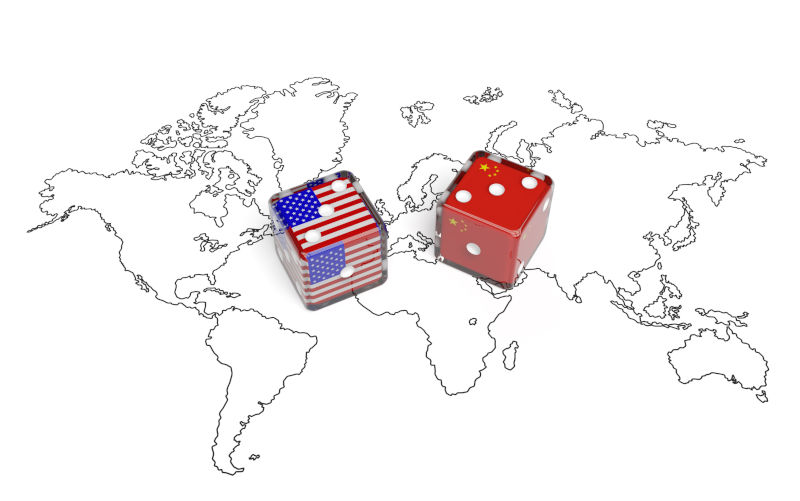
20 May 2023
How we can live with a weaker US
We must not exchange American hegemony for a dominant China. A new regional balance of power is the best answer.
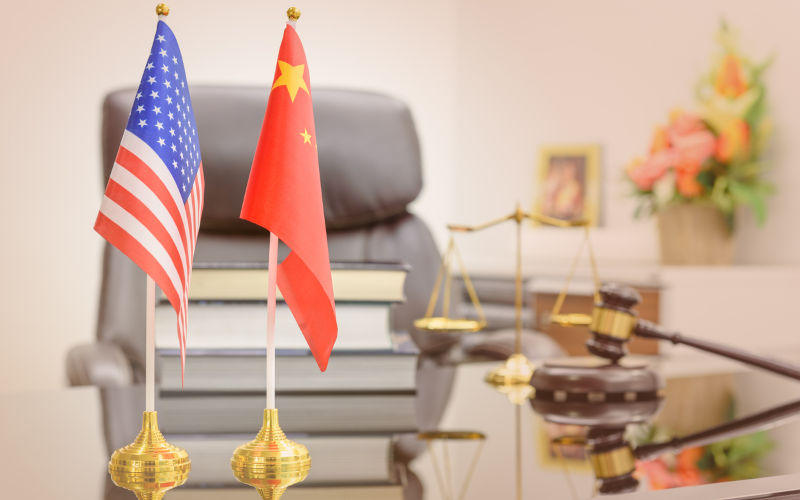
15 December 2022
US primacy is desirable but it is not a vital Australian interest
We are now in a world where the competition for primacy between the US and China is a defining feature of our strategic environment. That competition will co-exist with the emergence of a more multipolar region where large powers such as India, Japan and Indonesia will also seek to assert their own interests. It will likely be many decades before this complex dynamic finds a settling point and in the meantime Australia will have to learn how best to chart its own course and advance its own interests.
25 June 2021
China seeks client states not ideological conquests
Australia came away from the G7 meeting in Cornwall comforted by the support of others. But joint statements tend elegantly to fudge differences and do not absolve us from reaching our own conclusions and crafting our own strategies.
2 July 2020
What should Australia do to manage risk in its relationship with the PRC? (China Matters 26.6.20)
The biggest challenge facing Australia’s strategic policy is to help craft a new strategic equilibrium in the Indo-Pacific. It must reflect the reality of the People’s Republic of China’s (PRC) economic and strategic weight.
3 December 2016
Dealing with China
China will look to play a greater role in existing institutions and to craft new institutions and arrangements which place it at the centre in a pattern perhaps reminiscent of the Middle Kingdom ... We must continue to pursue policies designed to avoid invidious choices [between China and the US].

